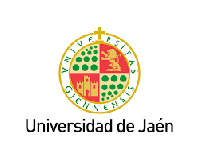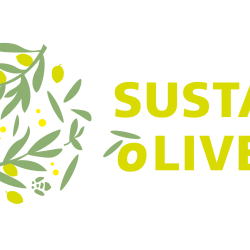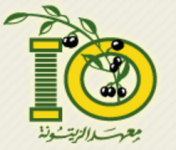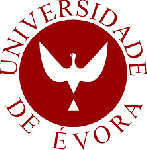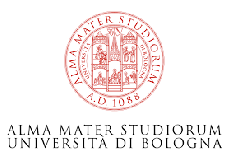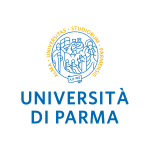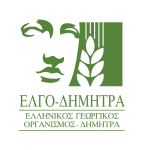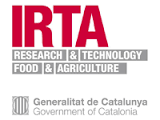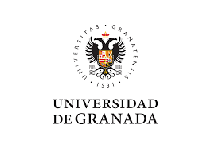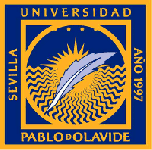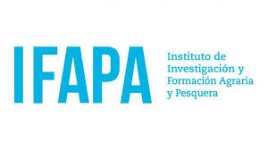ABOUT US




Olive grove cultivation is a key socio-economic asset, and is the dominant landscape, of many regions of the Mediterranean olive oil producing countries. During the last decades, the low-input traditional olive oil farming intensification has resulted in a low-nature-value olive grove farming, thus provoking negative environmental impacts such as soil erosion, run-offs, soil fertility loss and degradation of habitats, among others. The objective of SUSTAINOLIVE is to enhance the sustainability of the olive grove farming throughout the implementation and promotion of novel sustainable technological solutions (STSs) that are based on agro-ecological concepts, and on knowledge exchange and co-creation among key actors and end-users. To achieve this, SUSTAINOLIVE will i) identified the diversity of pedoclimatic, landscape, socio-economic and policy conditions, along with the heterogeneity in the technological knowledge, that is encountered across the main Mediterranean olive oil producing countries (Spain, Portugal, Italy, Greece, Tunisia and Morocco), thanks to the active participation of end-users in a participatory platform, ii) identify an array of STSs and strategies adapted to the wide diversity of the olive grove cultivation, iii) evaluate a wide range of variables related to ecosystems services and socio-economic and Life-Cycle assessment in a network of olive farms which have already implemented the identified STSs, and iv) implement innovative technologies (e.g. composting, struvite production) for reusing olive mill by-products for agricultural purposes. The relevance of SUSTAINOLIVE are that it: i) is end-users led to speed up STSs adoption, ii) boost innovative cropping and livestock systems with limited resources and environmental constrains allowing adaptation of the olive grove farming to climate change, iii) improve synergies between livestock and olive oil production, iv) considers a range of different olive farming systems.
